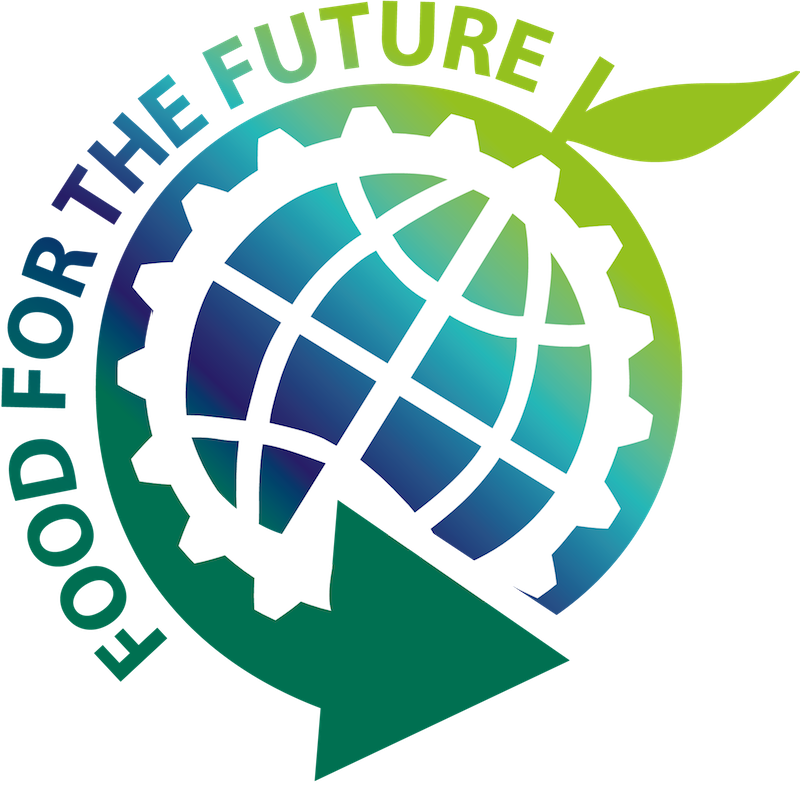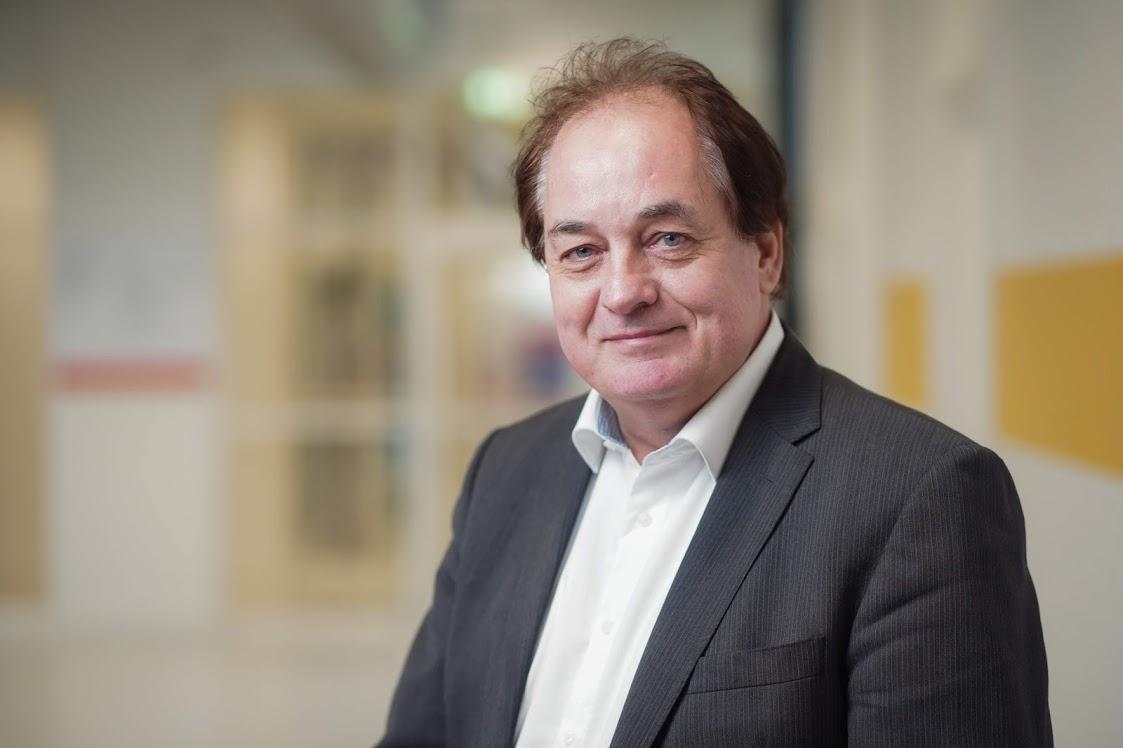IFAMA 2020 (International Food and Agribusiness Management Association) aims to create a dialogue about resilient food systems. The 30th World Conference, initially planned for June 15-18, had to change its course due to the corona crisis. Instead, the organizing partners developed an ongoing digital program.
 On the one hand, Covid-19 made the conference in Rotterdam impossible, and on the other hand, it also highlighted the necessity for a dialogue about a resilient food system. The Municipality of Rotterdam led the way in making it possible nonetheless. The physical 4-day conference has been transformed into a digital platform to promote a discussion about our food system until at least the end of 2020. The LDE centres Sustainability and Frugal Innovation in Africa will participate in the program.
On the one hand, Covid-19 made the conference in Rotterdam impossible, and on the other hand, it also highlighted the necessity for a dialogue about a resilient food system. The Municipality of Rotterdam led the way in making it possible nonetheless. The physical 4-day conference has been transformed into a digital platform to promote a discussion about our food system until at least the end of 2020. The LDE centres Sustainability and Frugal Innovation in Africa will participate in the program.
Widening the scope of agrarian science
Prof. Ray Goldberg, founder IFAMA, calls on agricultural science to expand into both environmental and medical science. Food is relevant for all members of society and must be studied and understood from different perspectives. This makes it a relevant topic for Leiden-Delft-Erasmus. The alliance of the universities draws on multi-disciplinary expertise to provide insight into relevant societal challenges.
Fundamental research in practise
 Prof. Wim van den Doel, Dean Leiden-Delft-Erasmus, outlines the importance of the role of universities in the food sector. 'The UN's sustainable development goals are the leading principle for a lot of research projects at universities', says Van den Doel. To put it to good use, 'fundamental research done by universities has to be taken up by society.' One of the main ways to achieve this is by collaborating with businesses.
Prof. Wim van den Doel, Dean Leiden-Delft-Erasmus, outlines the importance of the role of universities in the food sector. 'The UN's sustainable development goals are the leading principle for a lot of research projects at universities', says Van den Doel. To put it to good use, 'fundamental research done by universities has to be taken up by society.' One of the main ways to achieve this is by collaborating with businesses.
Private-public partnerships are often criticised. Citizens are worried that big money's vested interests set the course of change. Is there room for inclusive transition politics? Van den Doel: 'In public-private partnerships, you always have to be clear that the university is a safe haven for fundamental research. As long as universities stay true to their mission, I'm not afraid that big business will drive the universities' agenda. A university's mission is education and doing fundamental research with academic freedom. This is simply what universities do and should continue to do.'
Universities could be the guardians of democratic society and fact-based politics"
What can be done better in practise? Van den Doel: 'I think academia should engage more in a dialogue with policymakers. There is a lot of one way communication. I do believe that continuous dialogue between academia and policymakers can and should be intensified.' Van den Doel believes academia can do a better job in presenting fact-based evidence for policymaking and evaluating political choices. By relying on research, academia could provide knowledge for fact-based politics in a democratic society.'
